Publications
Articles, publications, books, tools and multimedia features from the U.S. Institute of Peace provide the latest news, analysis, research findings, practitioner guides and reports, all related to the conflict zones and issues that are at the center of the Institute’s work to prevent and reduce violent conflict.
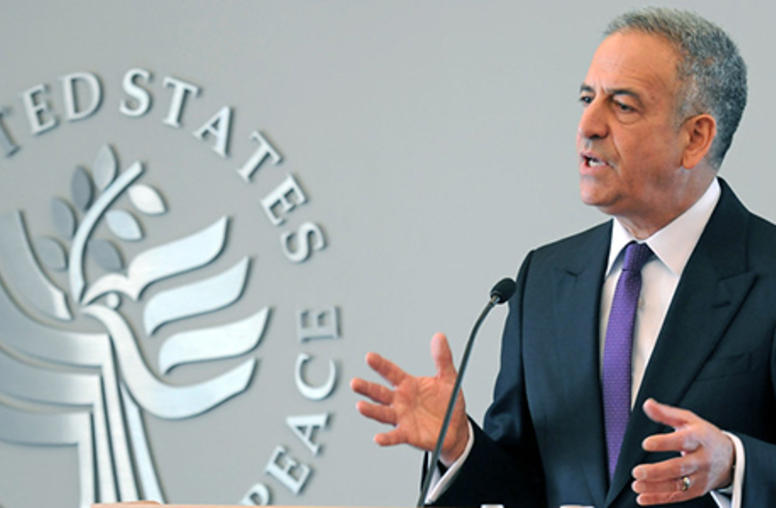
Feingold Presses Three African States on Elections
Russell Feingold, the U.S. Special Envoy working to stabilize Africa’s Great Lakes region, urged Rwanda, Burundi and the Democratic Republic of Congo (DRC) to hold fair, democratic elections as a key step to bringing peace to the region. And he pressed the DRC to launch a promised military offensive in the country’s East against an ethnic Hutu militia that includes fighters who participated in the anti-Tutsi genocide in Rwanda 21 years ago.
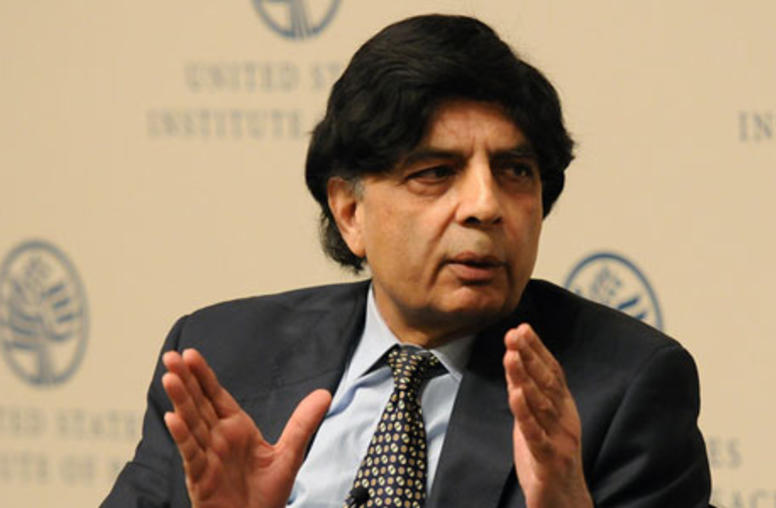
Pakistan’s Interior Minister Outlines New Anti-Terror Plan
The Pakistani Taliban’s killing of more than 150 people at the Army Public School in Peshawar in December spurred the Pakistani government to draft a new National Action Plan against terrorism. A primary architect of that plan, Interior Minister Chaudhry Nisar Ali Khan, discussed his country’s terrorism challenge on Feb. 18 in his first public appearance in Washington since taking office in 2013.
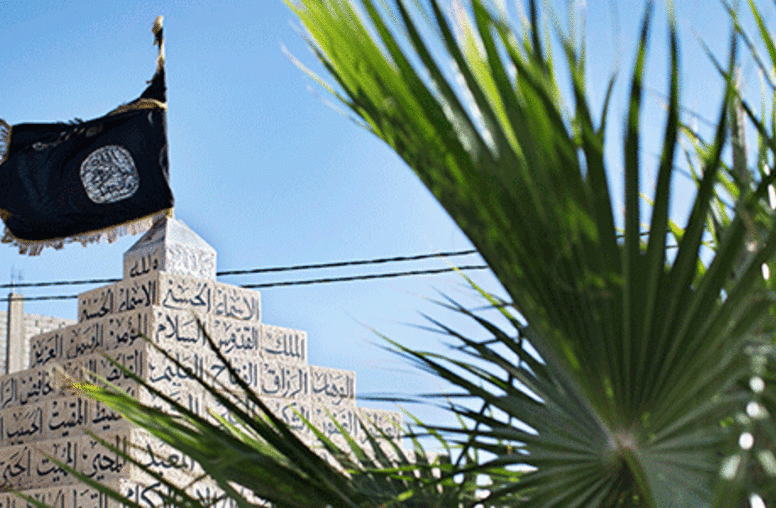
How Not to Fight a Fanatic
The United States needs to take a wider view of whom it works with in its war against religious extremists.
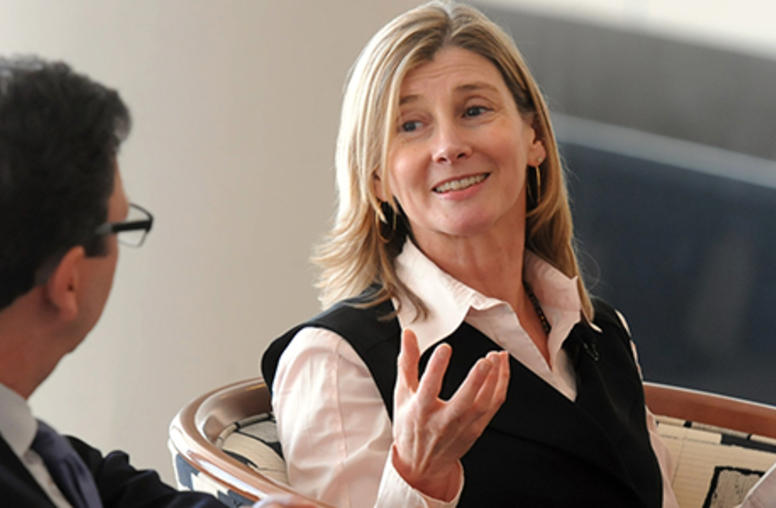
To Prevent and Resolve Violent Conflict, “We Need a Ground Game”
In an increasingly globalized, super-connected world, violent conflict moves faster and less predictably than a generation ago, with less regard for national borders. It combines dangerously with cyber networks, social media, environmental degradation and disease.
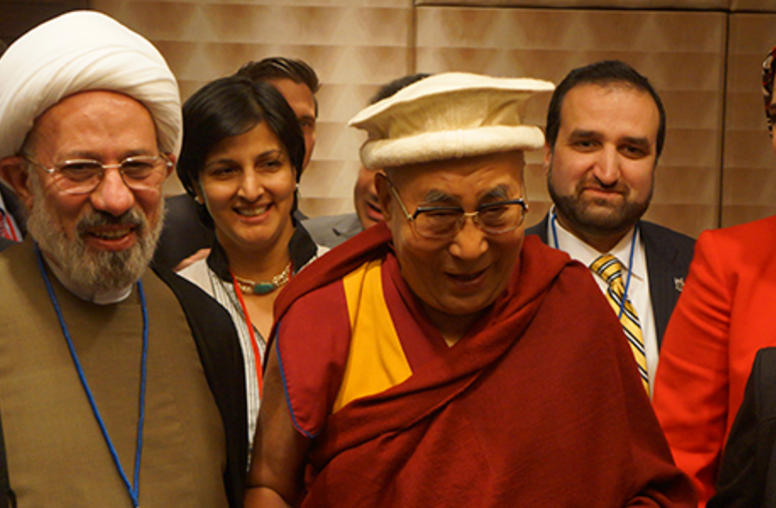
Dalai Lama, American Muslims Urge Activism to Bridge Faiths
From blood drives after 9/11 to aid for Iraqi Christians and Yazidi refugees today, and on to the simple act of listening to survivors of violence for solutions to their communities’ conflicts, His Holiness the 14th Dalai Lama and American Muslim leaders, including USIP’s Manal Omar, recently exchanged ideas for overcoming the misunderstandings of Islam perpetuated by the brutal conflicts of the past decade-plus.
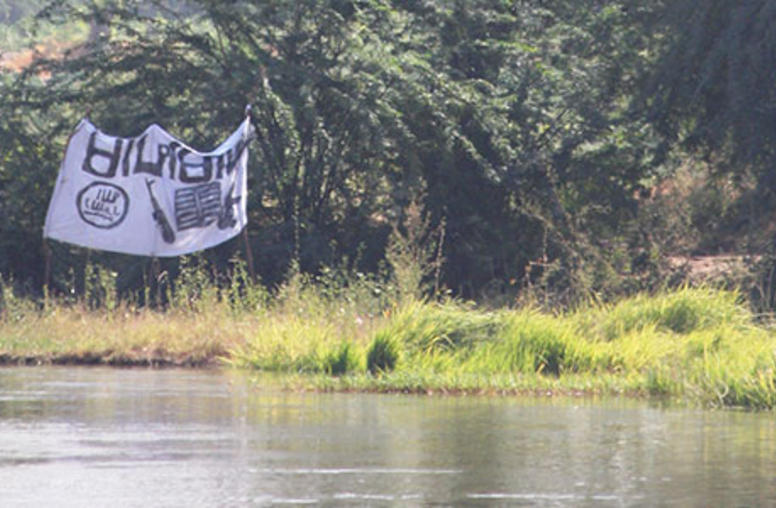
Q&A: Amid Boko Haram’s War and Postponed Vote, What Prospects for Nigeria’s Election?
Nigeria, Africa’s most populous country, begins 2015 at the brink of both a historically important election and a breakdown of state authority that is simultaneously cause and effect of the Islamist Boko Haram rebellion. Nigeria’s ability to govern itself effectively will be critical in determining whether Boko Haram can be contained or continues to grow into a trans-national threat like that of the Islamic State of Iraq and Syria (ISIS) in the Middle East.
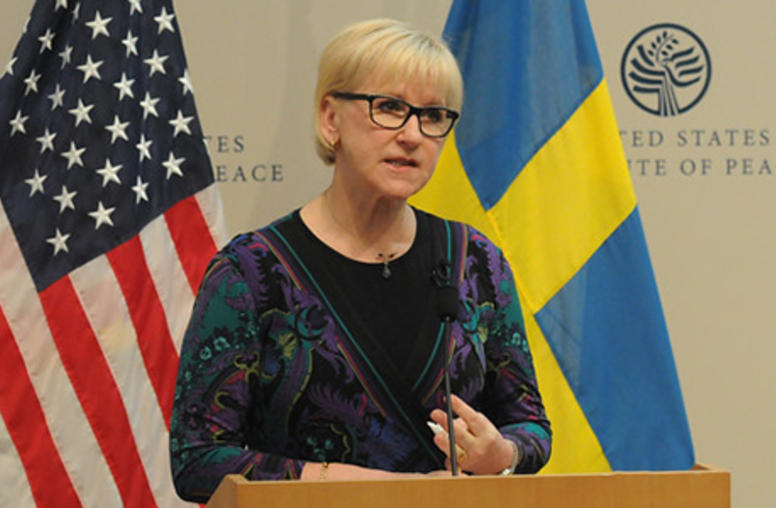
Sweden’s Foreign Minister Explains Feminist Foreign Policy
When Swedish Foreign Minister Margot Wallström announced last year that her government would pursue a “feminist foreign policy,” the idea “met with considerable derision,” she says. “We call it the giggling factor.” And where the response was not quiet laughter, it was often confusion, including in Washington. “No one knows what this means” for Sweden’s approach to conflicts such as the Russia-Ukraine war, a Foreign Policy headline declared in December.
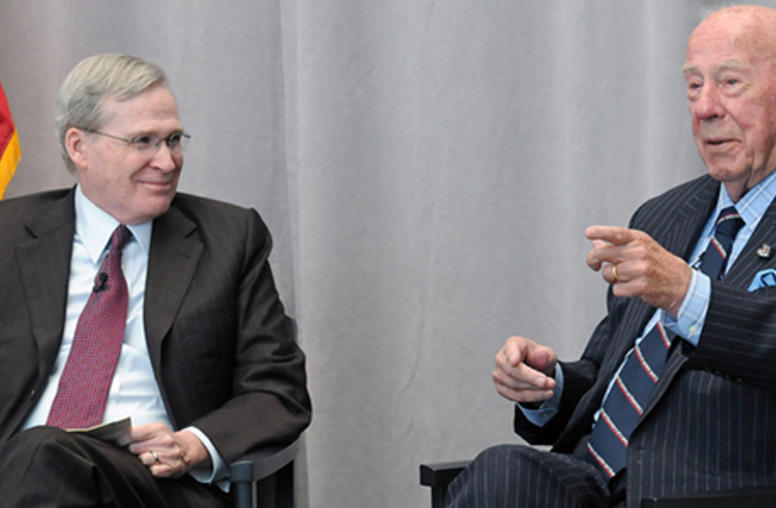
China Has Peaked as a Challenger to U.S. Power, Former Secretary of State Shultz Says
While China continues to grow as an economy and a military and political power, its overall influence relative to the United States has passed its peak, former Secretary of State George Shultz said at the U.S. Institute of Peace January 30. As China’s population ages, fewer working-age people must support a larger aged and dependent populace. “I think China, in relation to the U.S., has already reached its peak,” Shultz said in offering the Institute’s annual Dean Acheson Lecture.
Obama Visit to New Delhi Stirs Islamabad’s Scramble to Compete
Above the sounds of cheering during President Obama’s recent visit to New Delhi for the 66th Republic Day military parade, a chorus of discontent emerged across the international border to the northwest. In the perennial regional competition between India and Pakistan, the U.S. leader’s second visit to one while again steering clear of the other could have serious implications for strategic stability in South Asia.
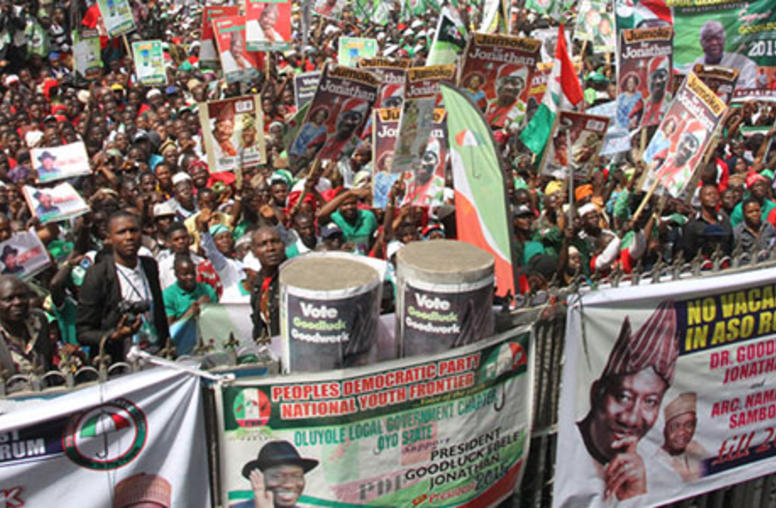
Democratic But Deadly
Will violence rock Nigeria's Feb. 14 national election? Perhaps--but there was a way to prevent it.